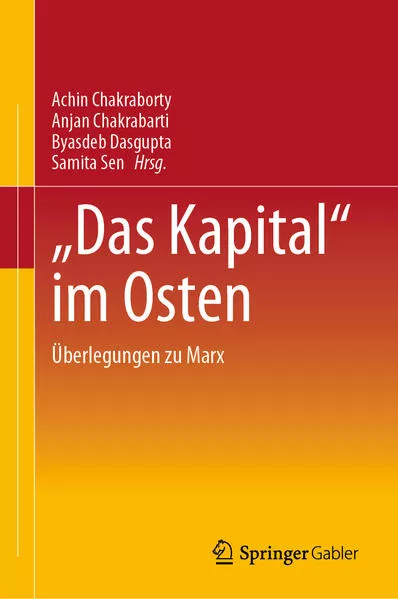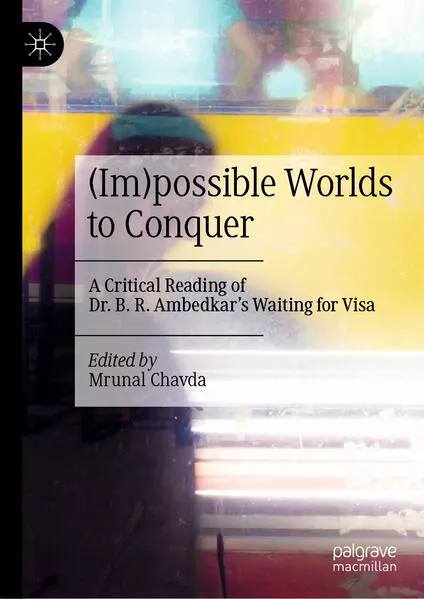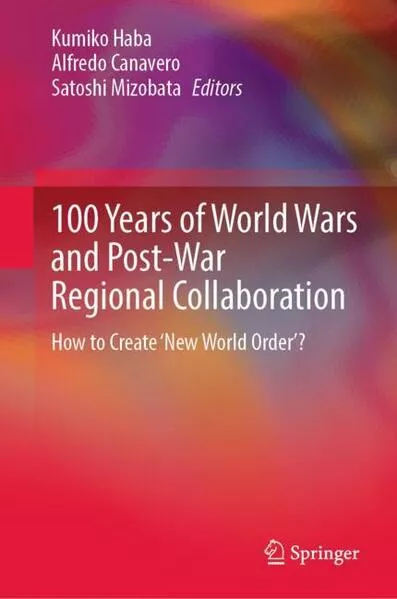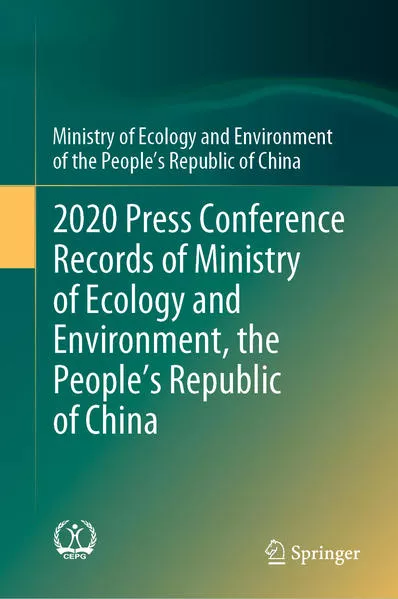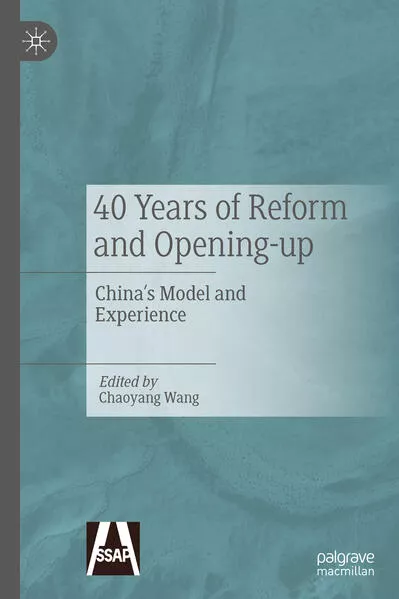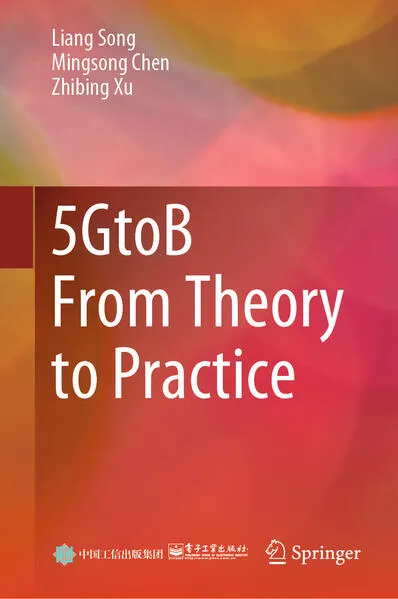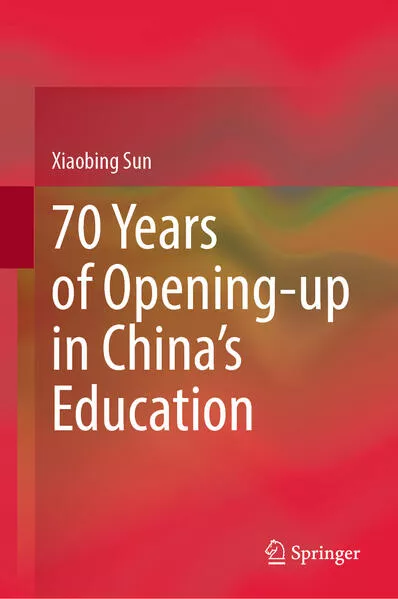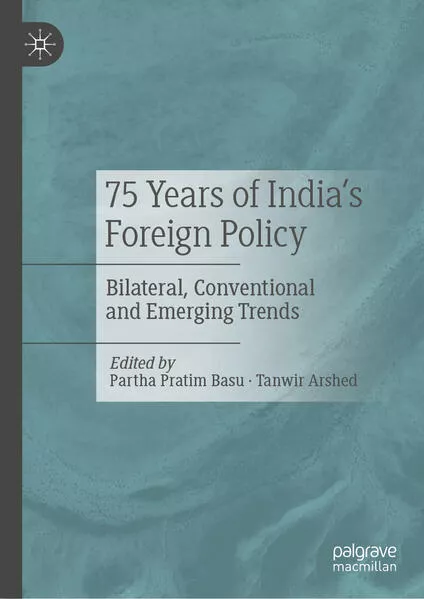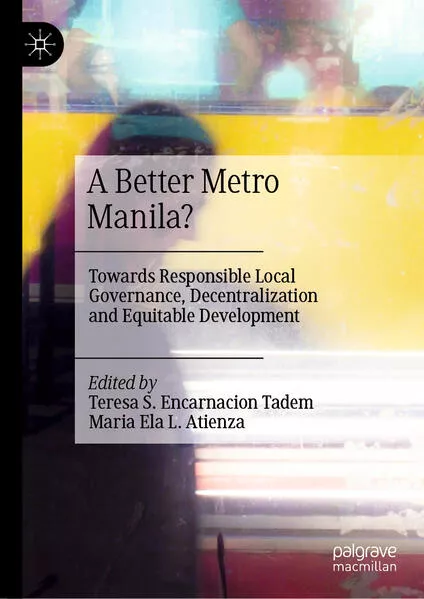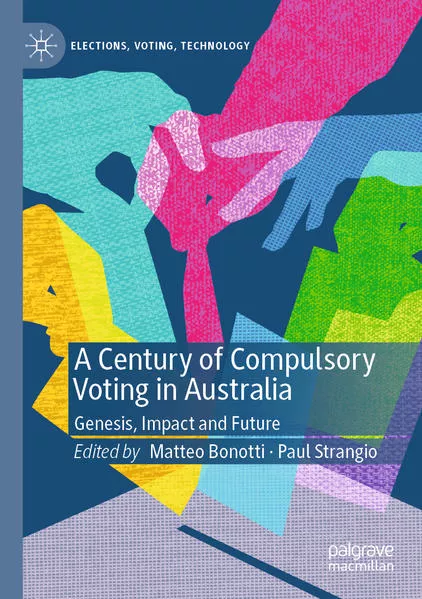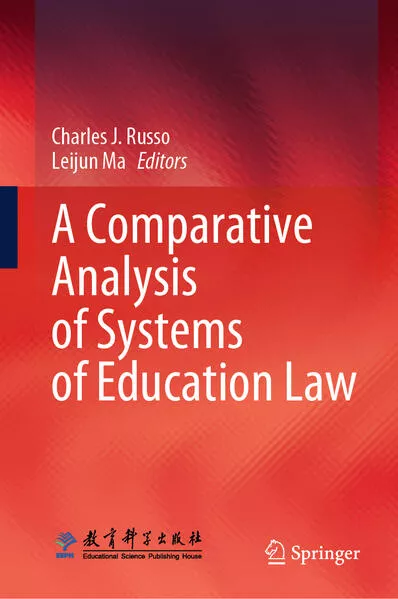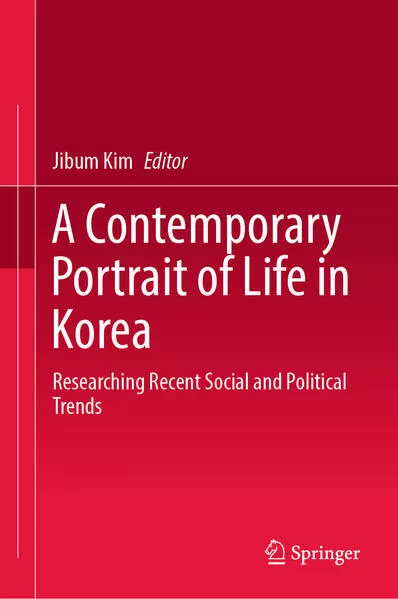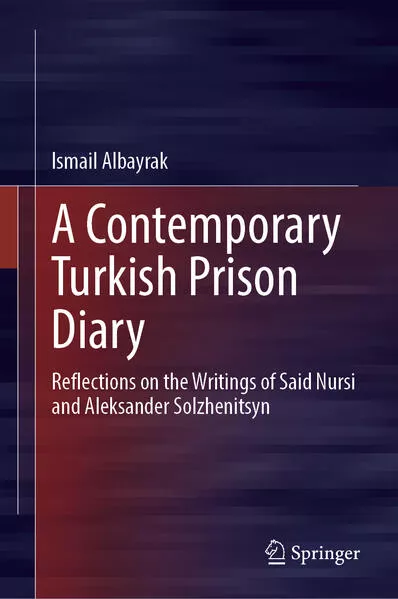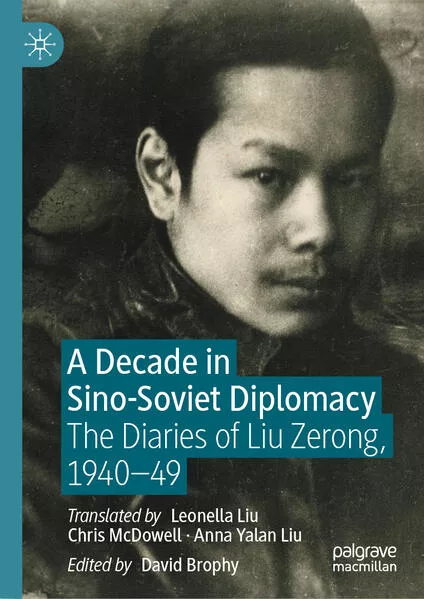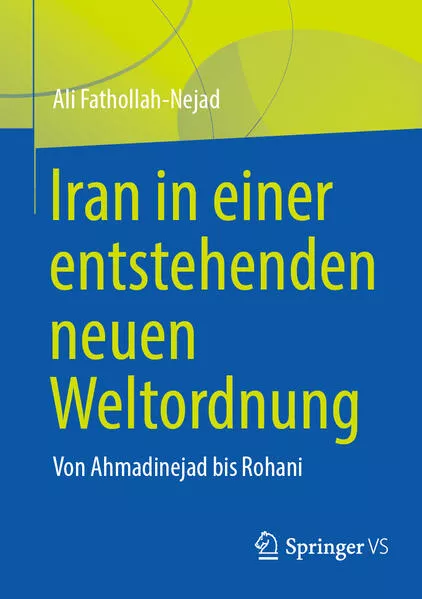
Iran in einer entstehenden neuen Weltordnung
Von Ahmadinejad bis Rohani
In diesem Buch werden die geopolitischen Vorstellungen des Irans kritisch entwickelt und erörtert und die verschiedenen außenpolitischen Denkschulen des Landes und ihre Kontroversen untersucht. Unter Berücksichtigung sowohl der nationalen als auch der internationalen Machtverhältnisse theoretisiert das Buch die post-unipolare Weltordnung der 2000er Jahre, die als „imperiale Interpolarität“ bezeichnet wird, untersucht die Beziehungen des Irans zu nicht-westlichen Großmächten in dieser Ära und bietet eine Kritik der „Rouhani-Doktrin“ und ihrer wirtschaftlichen und außenpolitischen Visionen.
Ali Fathollah-Nejad ist ein deutsch-iranischer Politologe mit Schwerpunkt Naher/Mittlerer Osten (insb. Iran), westliche Außenpolitik und post-unipolare Weltordnung. Er ist Gründer und Direktor des Center for Middle East and Global Order (CMEG). Er ist außerdem McCloy Fellow on Global Trends des American Council on Germany, Iran-Experte am Issam Fares Institute for Public Policy and International Affairs der American University of Beirut sowie Kolumnist beim Global Policy Journal . Fathollah-Nejad ist außerdem Autor von u. a. The Islamic Republic in Crisis: The Need for a Paradigm Shift in the EU’s Iran Policy ( Chaillot Paper , EUISS, 2023), The Politics of Culture in Times of Rapprochement: European Cultural and Academic Exchange with Iran (2015–16) (2020) sowie The Islamic Republic of Iran Four Decades On: The 2017/18 Protests Amid a Triple Crisis (Brookings, 2020) wo er bereits vom Beginn eines langfristigen revolutionären Prozesses in Iran sprach. Nach der Promotion in Internationalen Beziehungen und Entwicklungsstudien an der SOAS (School of Oriental and African Studies, University of London), war er Postdoktorand an der Harvard Kennedy School.
Unterstütze den lokalen Buchhandel
Nutze die PLZ-Suche um einen Buchhändler in Deiner Nähe zu finden.
Bestelle dieses Buch im Internet
| Veröffentlichung: | 22.09.2024 |
| Höhe/Breite/Gewicht | H 21 cm / B 14,8 cm / - |
| Seiten | 505 |
| Art des Mediums | Buch [Taschenbuch] |
| Preis DE | EUR 74.99 |
| Preis AT | EUR 77.09 |
| Auflage | 1. Auflage |
| ISBN-13 | 978-9-819-72471-0 |
| ISBN-10 | 9819724716 |
Über den Autor
Ali Fathollah-Nejad is a German–Iranian political scientist focusing on Iran, the Middle East, and the post-unipolar world order. He holds a Ph.D. in International Relations from the Department of Development Studies at SOAS (School of Oriental and African Studies, University of London) and was the winner of 2016/17 post-doctoral fellowship of the Harvard Kennedy School’s Iran Project. He is an affiliated researcher with the Centre d’Études de la Coopération Internationale et du Développement (CECID) at Université libre de Bruxelles (ULB), Freie Universität (FU) Berlin’s Center for Middle Eastern and North African Politics and the Afro–Middle East Centre (AMEC), South Africa’s think-tank specialized on the Middle East. Most recently, he was Senior Lecturer in Middle East and Comparative Politics at the University of Tübingen and adjunct Assistant Professor in the Ph.D. program of Qatar University’s Gulf Studies Center. Ali is also the former Iran expert of the Brookings Institution in Doha (BDC, 2017–20) and the German Council on Foreign Relations (DGAP, 2015–18). In 2020, he published two monographs: The Islamic Republic of Iran Four Decades On: The 2017/18 Protests Amid a Triple Crisis and The Politics of Culture in Times of Rapprochement: European Cultural and Academic Exchange with Iran (2015–16).
Diesen Artikel teilen
0 Kommentar zu diesem Buch
.... weitere Publikationen von Springer Singapore
Wie weit bist du bereit zu gehen, wenn es Liebe ist? Time Travel Urban Fantasy trifft auf Historische Fantasy
Bewerbungsfrist bis zum: 15.02.2026



